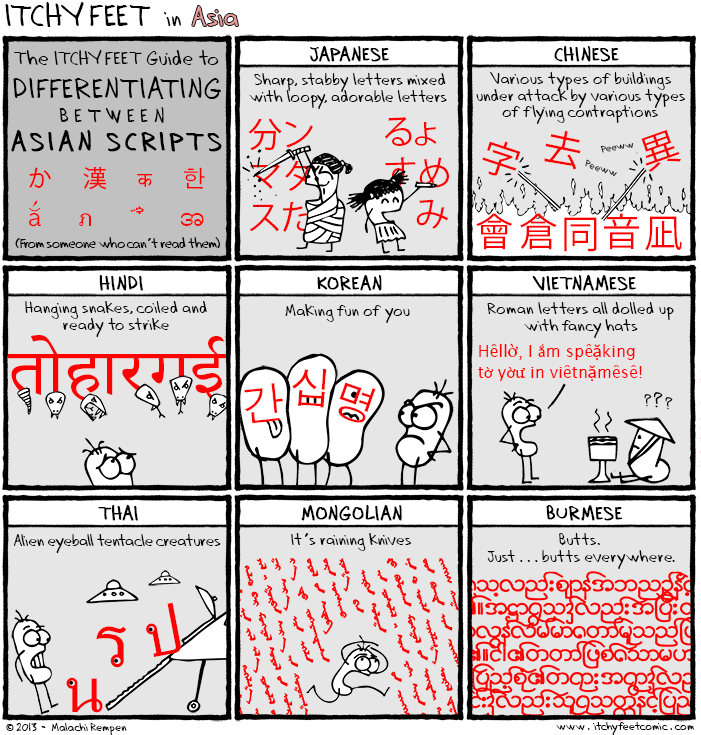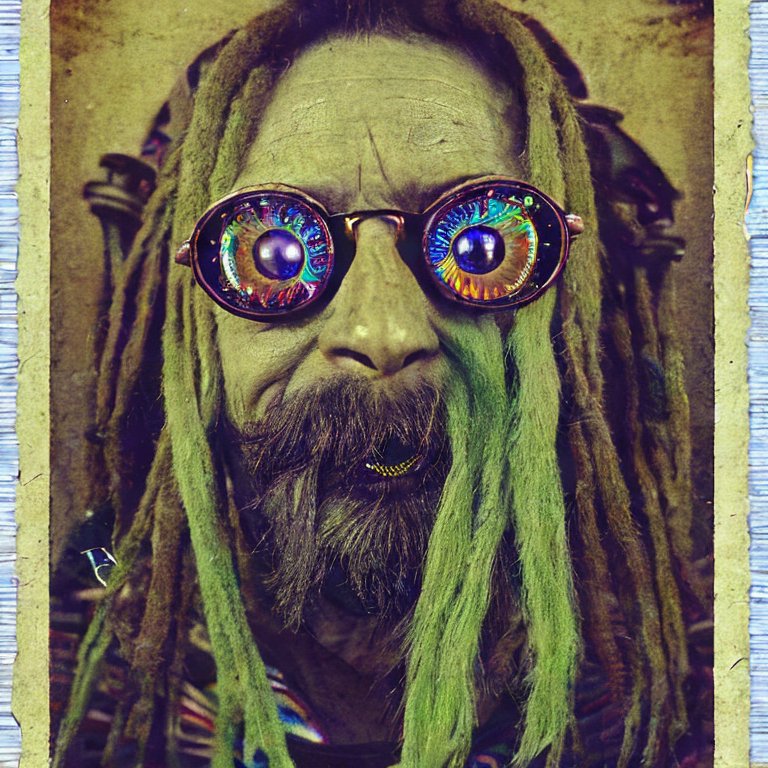Mods, is it a call for violence if you’re suggesting we kick a billionaire in the nuts?
Personally I don’t think so and just asking questions.
No. Kicking musk in the nuts is a very common american gesture of thankfulness.
Depends on who you’re hoping will be the one kicking.
A two year-old? Not a violation.
St. Swayze descended from upon high to deliver a roundhouse to Elon’s nuts so powerful that it rockets that muskrat straight to hell? Also not a violation.
I didn’t realize it until I saw this, but if by some unfortunate twist of fate Elon lives to an old age he’s going to have a strong resemblance to Colonel Sanders.
OP “doesn’t know why?”
Have they been in a coma the last couple years?
I think they mean they don’t know why it’s a flag, when it should have been fliers passed around.
i read it as she doesn’t know why she got to be one of the privileged few who get to see it
What language is that? Korean? I’m awful at differentiating between Chinese and Korean. And if anyone has a tip on that front, I’d appreciate it!
If it looks Chinese but there are circles, it’s Korean.
deleted by creator
This may help.

I always assumed Mongolian used something closer to chinese/japanese. That’s a wild looking language. Frankly, I don’t even know how to thank you for answering my question so concisely and completely. This will be a massive help!
Mongolian uses either the Cyrillic Script or the traditional script, seems the traditional script is becoming more popular
Glad to help!
I found it useful as a little kind of mnemonic to call out the distinctive features of each language.
The one major thing it misses is that Japanese uses some of the Chinese characters, so you have to check for the “stabby/loopy” characters mixed in to tell; and sometimes there aren’t any if the text is short.
One tip is if you see a circle, it’s Korean
Also if they’re speaking Korean and you’re in Korea, then it’s DEFINITELY Korean.
No way
I’ll remember that!!
Korean, judging by Seoul on the street sign
My tip off was that anti-musk fervor is unlikely to exist in either China or Malaysia. I’ve gotten by on context alone for years. No one questions my ability to differentiate between the two, and yet, I harbor a complete inability to tell them apart. Someday, I might learn. But not today. Today, I skate by on context once again
The Korean script is actually extremely simple. You could teach yourself to read it in just a few minutes. It won’t help you understand the meaning of the words, but you can at least know the sounds. Here’s a pretty good guide. Personally, having lived in Korea for a few years, I take issue with some of it. For example it’s generally more useful to think of ㄹ as L in all cases, not only when it’s a syllable coda, and some of the vowel sounds are especially poor (particularly ㅡ, which I think is better approximated for the average English speaker as a stronger version of the hidden vowel between the th and m in rhythm). But for the most part it’s very good.
But the main point is, even if you don’t learn to read the script properly, just spending a few minutes skimming through that guide should stick enough in your head to be able to easily and instantly recognise Korean as Korean.
The tricky one for me is Chinese and Japanese, if the Japanese text is heavy in kanji. Incidentally, Korean has its own equivalent of kanji. It’s called hanja (the regular Korean text is hangul). It used to be used in much the same way kanji is, but has largely died out over the last century or so.
It’s not perfect, but I’ve found Chinese to be ‘boxier’. Please don’t ask me how I define that exactly but I’d put identifications at about 70-80% accuracy as someone who can’t read kanji.
Seoul National University on green street sign says Korean.
I would like to join this alliance
And where might one purchase a flag like this, asking for a friend.






